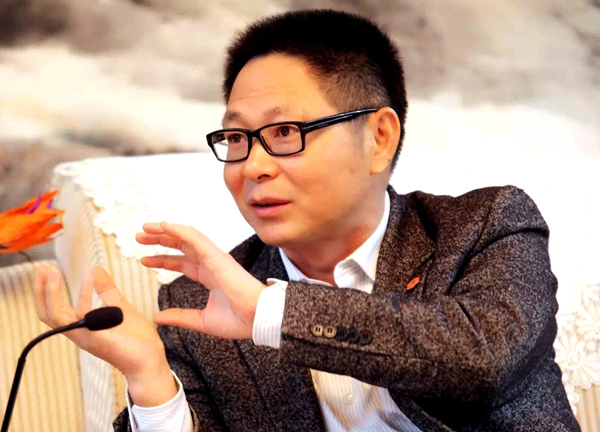From rural backwater to ideas factory


Internet initiative
The broadcaster has also been exploring ways to rejuvenate its programs by making full use of the internet and new media platforms.
"Traditional media like TV stations did get affected by new media and the rapid development of the web," said Yang Zhuang, another HBS vice-president. "But we tried our best to minimize the negative impact."
Zhang said the traditional media "should be brave enough to be the boss of new media".
HBS launched its own online content provider, imgo.tv, for tablet and smartphone users in 2014. Its video clips receive an average of 230 million clicks a day and it made a net profit of 489 million yuan last year, HBS said.
An international version of the mobile app was launched in Hong Kong in March, and imgo.tv vice-president Yi Keming said it has also established connections with Facebook and YouTube to introduce HBS programs to other countries and regions.
Zhang said, "We were seen as an underdog when we announced the launch of our own online content platform."
He said Happy Camp had been sold to another online content provider, iQiyi, for 200 million yuan in 2014, but HBS had since forgone hundreds of millions of yuan in copyright royalties to put all its original shows and TV series on imgo.tv.
"We've seen the reward," he said. "We now have nearly 580 million followers for the mobile app, and have been listed as one of the world's 500 largest media companies by World Media Lab for the past three years. Though we still lag platforms launched earlier, such as Tencent and Youku, by a long way, we are building a platform that's assisted by a broadcaster's superiority in content innovation."




































